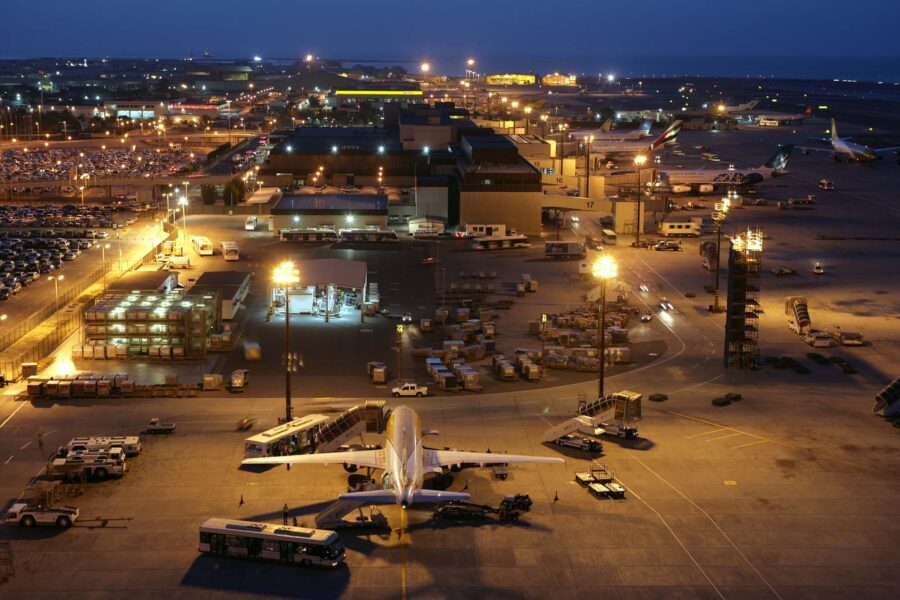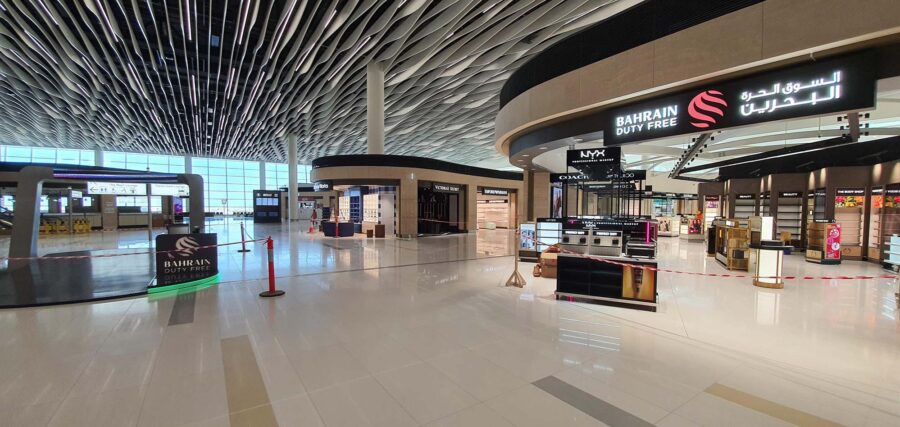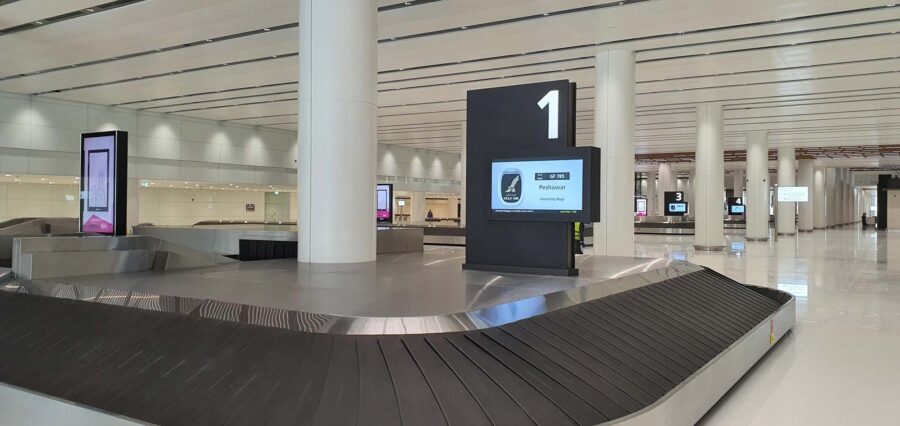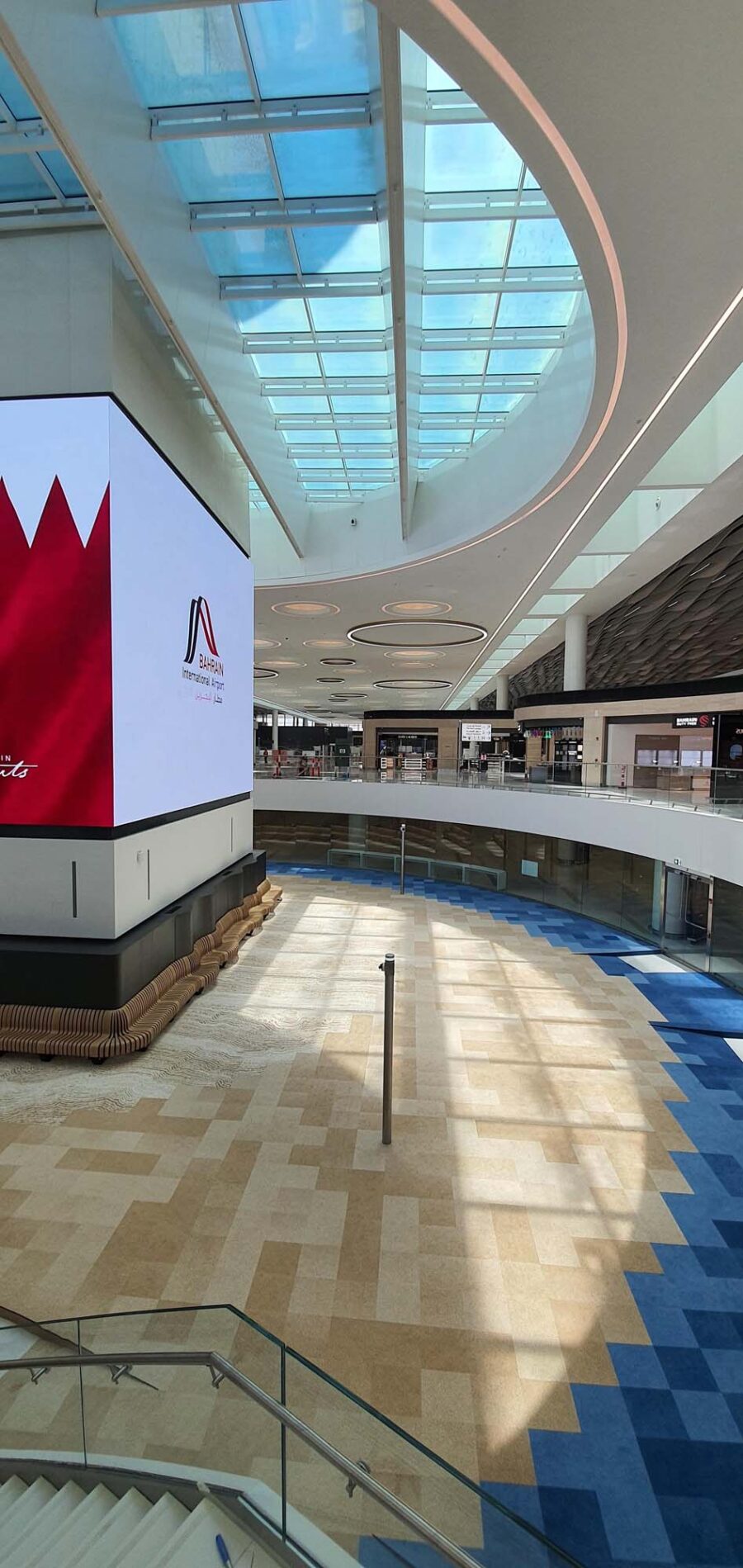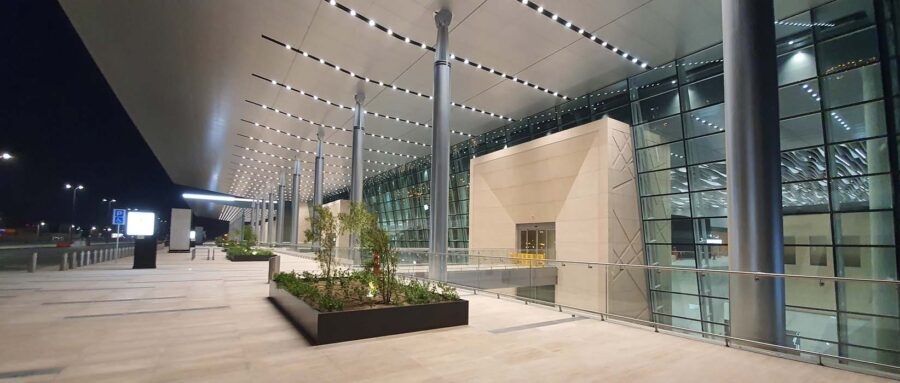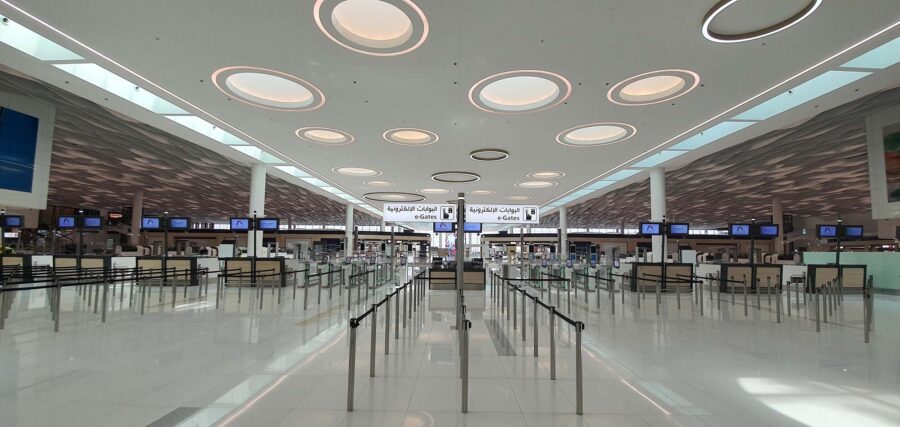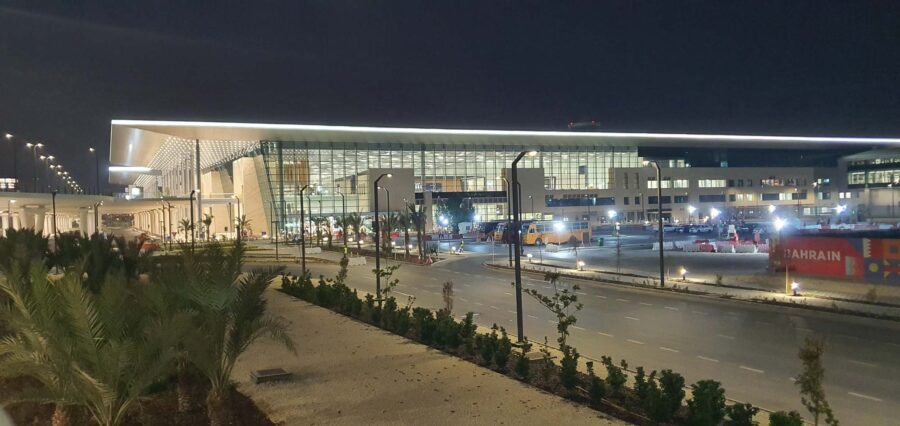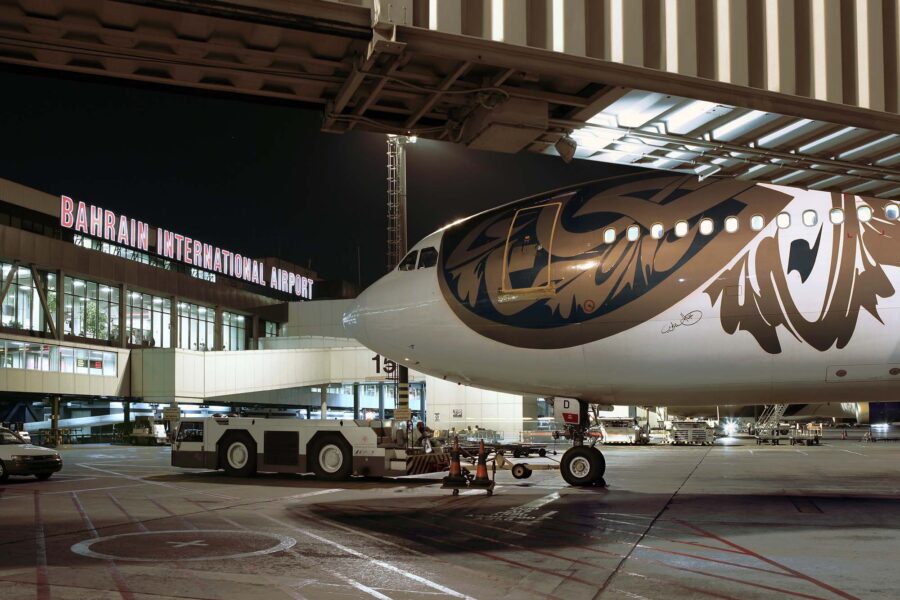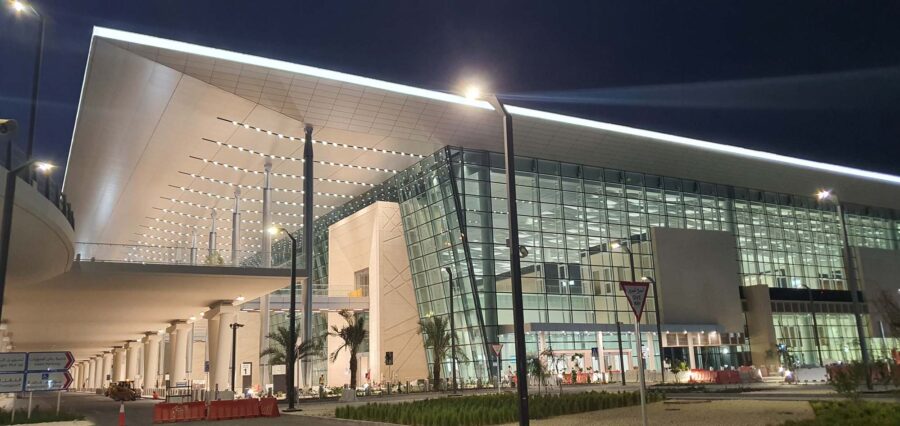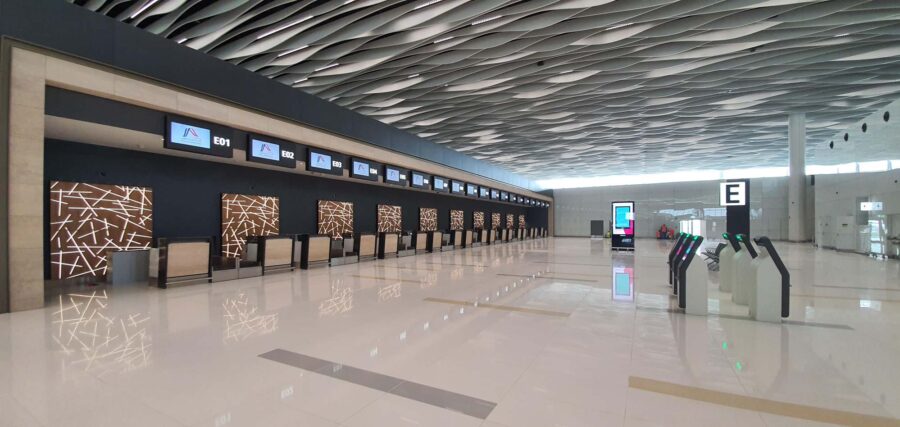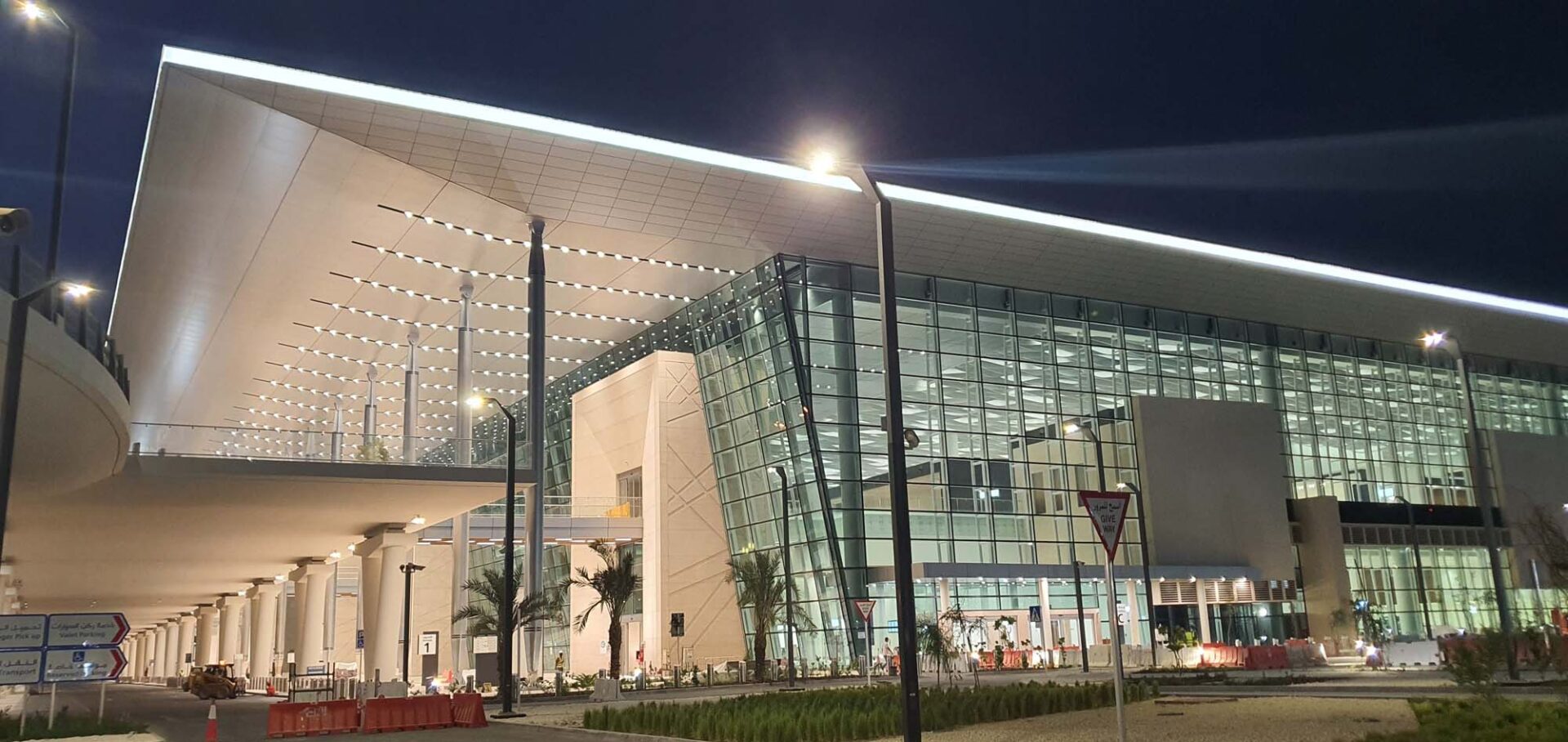
Location Manama, Bahrain
Client Bahrain Airport Company
Services Construction Management, Project Management
Project Value $1.1 billion
Hill is serving as project manager for the Bahrain International Airport (BIA) Modernization Program. Hill’s project management services include construction management, project controls management, design management, contract management, and procurement. The Modernization Program consists of a new passenger terminal building and associated facilities projected to cater to 14 million passenger per year.
Originally planned as an expansion of BIA’s existing facilities, the Airport required a true reimagining to meet the Ministry of Transportation and Telecommunication’s (MTT) goals of delivering a state-of-the-art facility, reflective of the Airport’s role as a national gateway and as a facility capable of accommodating passengers and modern aircraft for decades to come.
The program is being delivered in two phases. Phase 1 delivered a new 210,000 SM terminal featuring premium check-in halls, check-in desks, passport control booths, E-gates, security lanes, a 9,000 SM duty-free retail space, premium lounges, food and beverage zones, 24 departure gates, and 7,000 new parking spaces both at-grade and in multi-story facilities.
The Program, undertaken for the MTT and the Bahrain Airport Company, is emblematic of the major airport expansions underway in several member nations of the Gulf Cooperation Council. Like those projects, the BIA Modernization faces challenges ranging from procuring the right expertise to design and deliver the new facilities to coordinating among a myriad of invested stakeholders, each with their own concerns and issues. In addition, as Phase 1 neared completion, the COVID-19 pandemic struck, adding another layer of complexity and risk. However, thanks to the careful planning efforts of the MTT and the management team, Phase 1 was completed as envisioned and with minimal cost overruns.
In the early stages of the Program, Hill’s management priorities focused on the procurement of construction and engineering specialty packages. Five packages in particular were critical to meeting Phase 1’s handover date. The team procured these packages on a design-build basis prior to the award of the main contract, which used a traditional design-bid-build delivery method. The five design-build packages were: Baggage Handling System, Information and Communication Technology, Security and Screening Equipment, Passenger Loading Bridges, and Horizontal/Vertical Transportation Systems.
Structuring the program’s procurement this way provided greater schedule control and took advantage of the design-build delivery method by aligning the risks of these intricate systems with teams who understood how to best realize these packages on time and within budget. As the project manager, Hill was responsible for the development of the performance criteria for these specialty packages, with each package outlining the needs and requirements for the Program.
The project also required a high level of coordination among many stakeholders to maintain progress. These stakeholders included utilities, airlines, and vendors, among others, each with their own agendas. To address stakeholder concerns, Hill identified the requirements, challenges, expectations, timelines, and programming of all major stakeholders early in the project process, codified this data, and used it to drive decision-making and keep the project moving.
“The Hill team brought to the project its wealth of experience, skills, and knowledge. The commitment and professionalism displayed by the entire team during the duration of the project are commendable.” -Abdulla Ahmed Mohammed, Vice President of Infrastructure Development and Maintenance
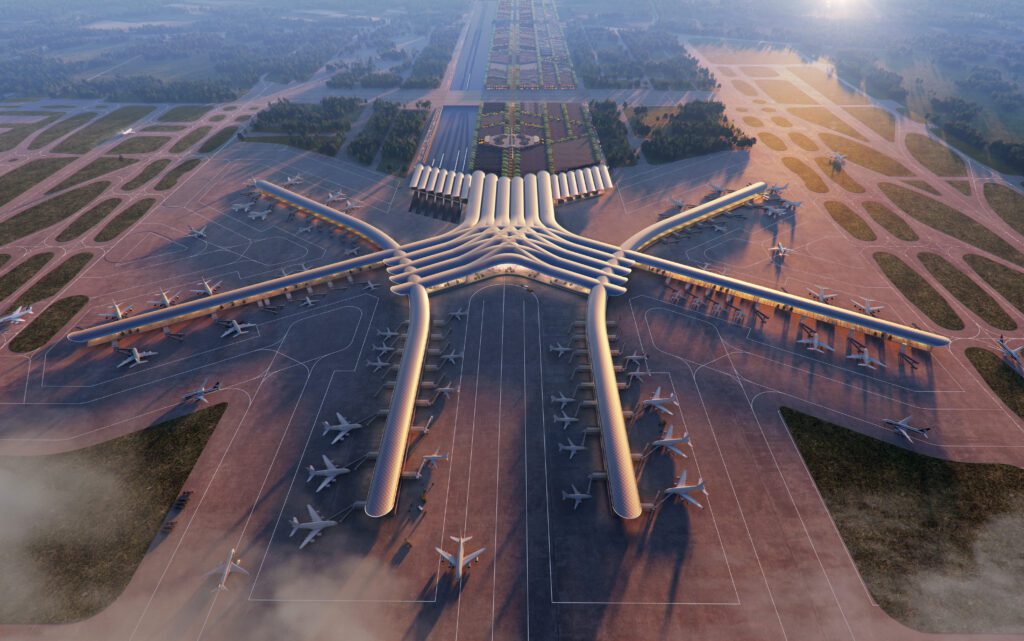
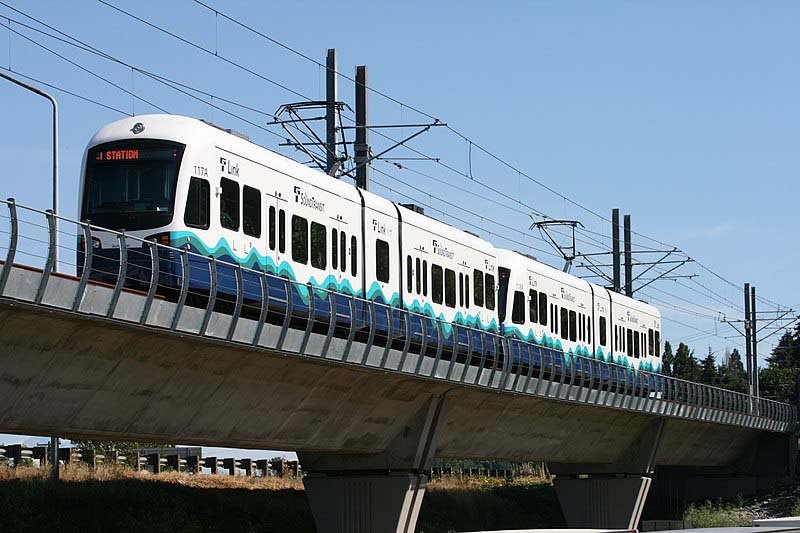
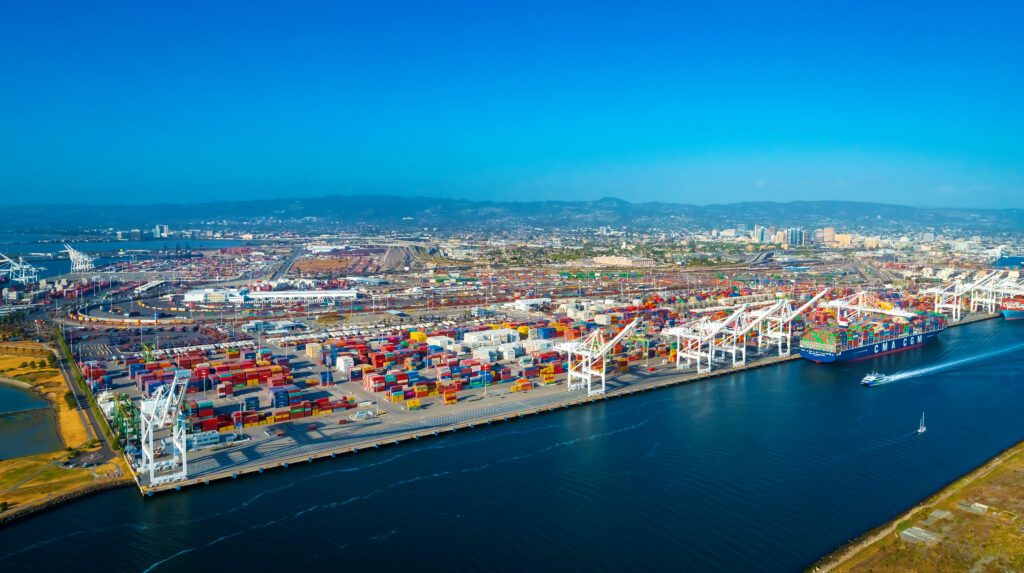
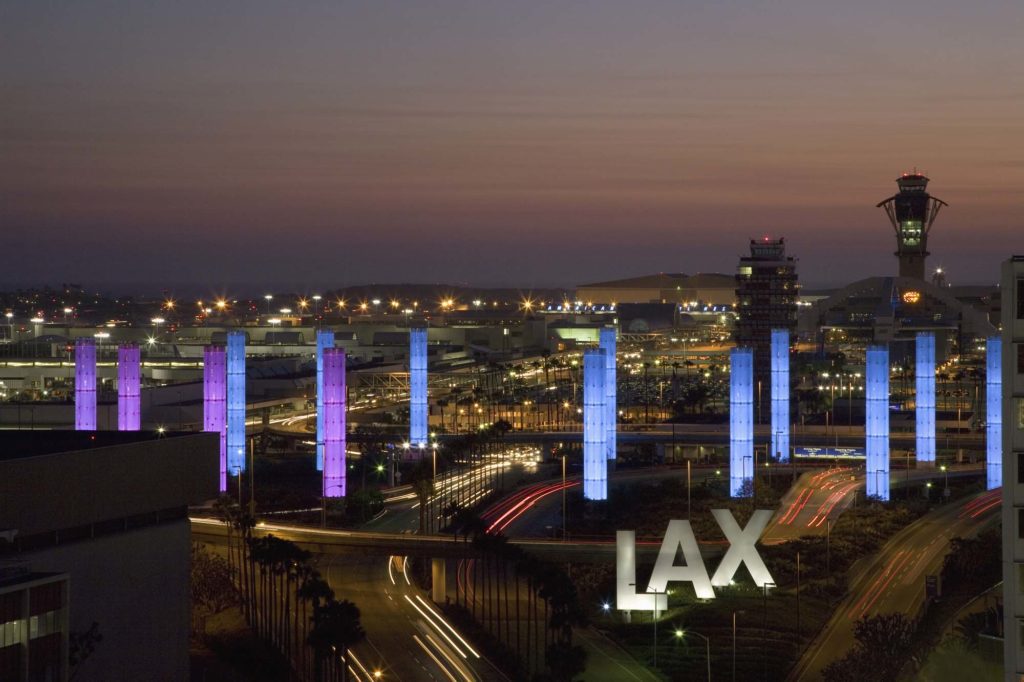
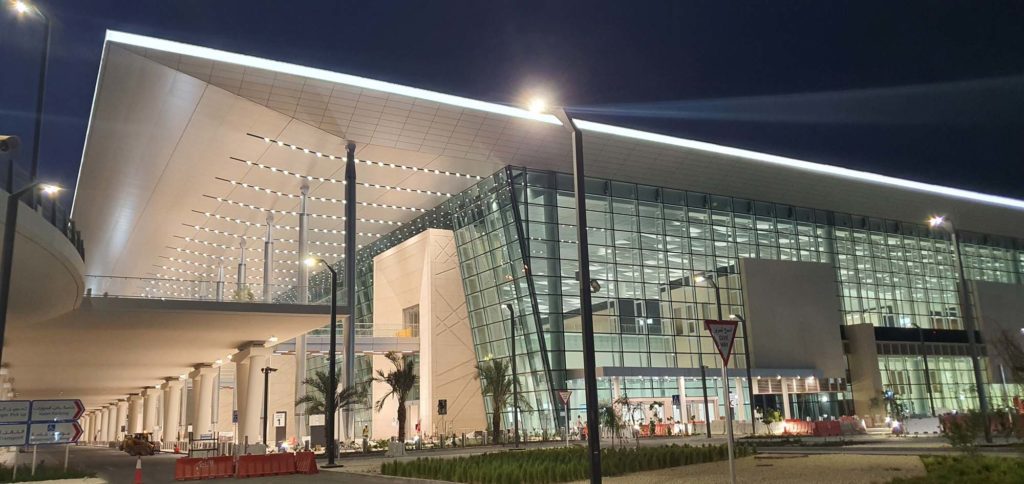
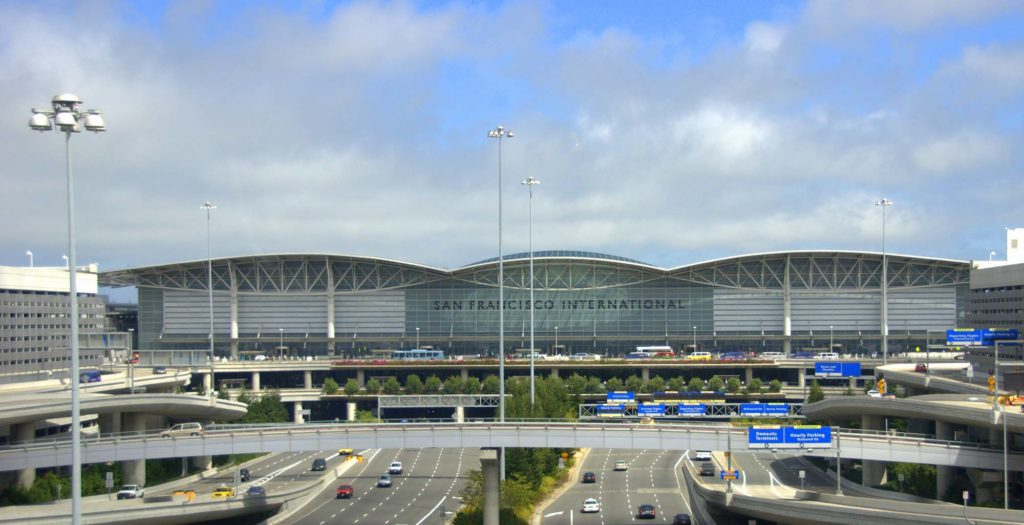
We and use cookies and other tracking technologies to improve your experience on our website. We may store and/or access information on a device and process personal data, such as your IP address and browsing data, for personalised advertising and content, advertising and content measurement, audience research and services development. Additionally, we may utilize precise geolocation data and identification through device scanning.
Please note that your consent will be valid across all our subdomains. You can change or withdraw your consent at any time by clicking the “Consent Preferences” button at the bottom of your screen. We respect your choices and are committed to providing you with a transparent and secure browsing experience.
| Cookie | Duration | Description |
|---|---|---|
| cookielawinfo-checbox-analytics | 11 months | This cookie is set by GDPR Cookie Consent plugin. The cookie is used to store the user consent for the cookies in the category "Analytics". |
| cookielawinfo-checbox-functional | 11 months | The cookie is set by GDPR cookie consent to record the user consent for the cookies in the category "Functional". |
| cookielawinfo-checbox-others | 11 months | This cookie is set by GDPR Cookie Consent plugin. The cookie is used to store the user consent for the cookies in the category "Other. |
| cookielawinfo-checkbox-necessary | 11 months | This cookie is set by GDPR Cookie Consent plugin. The cookies is used to store the user consent for the cookies in the category "Necessary". |
| cookielawinfo-checkbox-performance | 11 months | This cookie is set by GDPR Cookie Consent plugin. The cookie is used to store the user consent for the cookies in the category "Performance". |
| viewed_cookie_policy | 11 months | The cookie is set by the GDPR Cookie Consent plugin and is used to store whether or not user has consented to the use of cookies. It does not store any personal data. |

